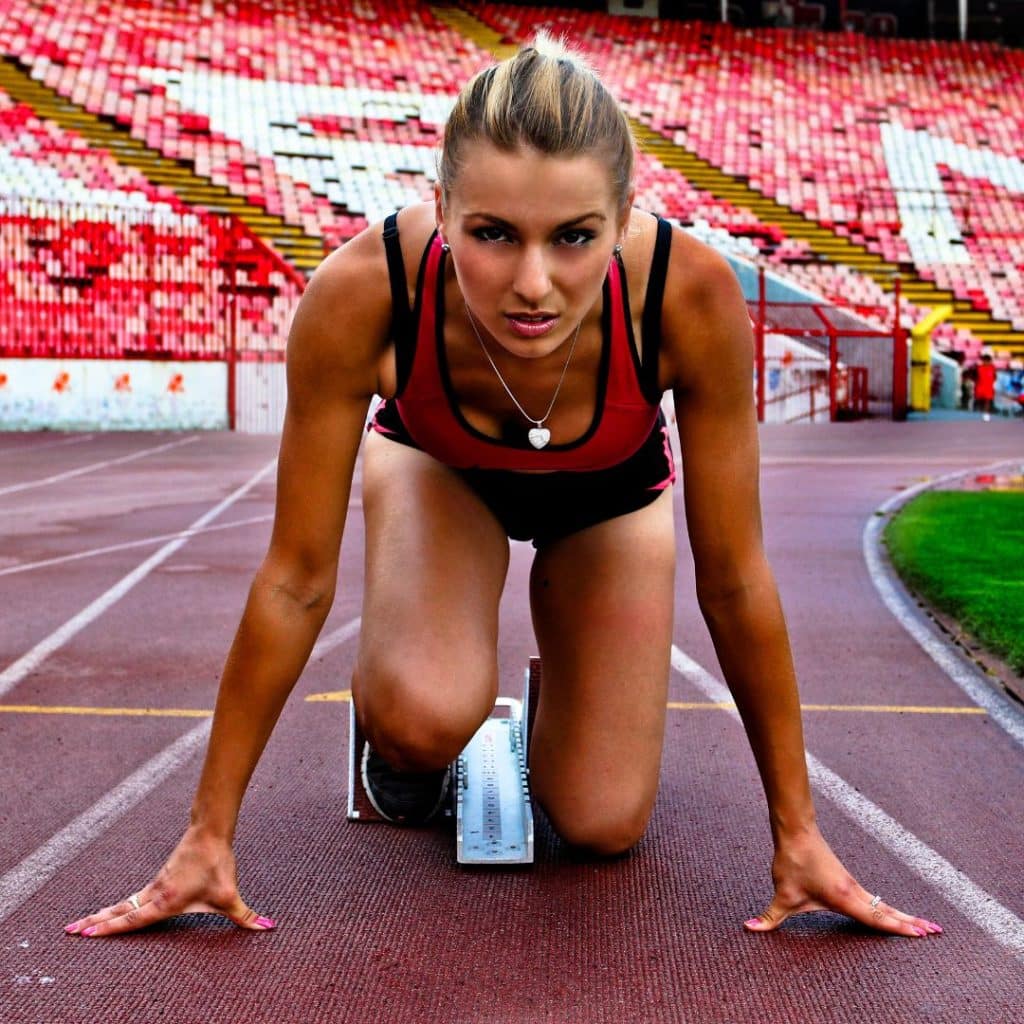As high school seniors graduate and set their sites on college, many talented athletes anticipate playing their chosen sport at the collegiate level in the fall. However, a 2023 report found that injuries sustained during competition are rising. Less than 21 percent of these injuries led to disqualification for the season or the athlete’s career.
“Many athletes encounter obstacles, whether related to performance, injuries, or adjusting to the demands of collegiate-level sports,” said Dr. Chris McKenzie, DPT, physical therapist and owner of McKenzie Sports Physical Therapy.
A 2023 study found that collegiate athlete injuries have decreased since the early 2000s, but the injuries sustained are more severe, requiring surgery or a longer time off of the sport. This is particularly true for football, girls’ soccer, and boys’ wrestling. Of the injuries reported in the study, 20.9 percent led to disqualification for the season or the athlete’s career.
“As a D1 Track and Field athlete, I saw first-hand the change in intensity going from high school to college,” said Chloe Stanfield. “High school performance is focused on the sport being played rather than on one’s mobility, strength, and range of motion. Injuries are rampant because the focus changes as intensity is turned up.”
Many young athletes, while talented, may need more preparation for the rigorous demands of playing at the collegiate level. The transition from high school to college can be a shock, both academically and athletically. However, it’s important to remember that this transition presents a unique opportunity for growth and achievement. Athlete-focused McKenzie Sports Physical Therapy offers tips to help athletes better prepare themselves for the challenges and potential rewards of playing sports in college.
First and foremost, high school athletes must understand the level of commitment and intensity required to compete at the collegiate level. The stakes are high, and hard work is expected in every practice. This means developing a solid work ethic on and off the field. Time management skills are essential, as athletes must balance their academic responsibilities with the demands of their sport.
Preparing physically is also crucial. Healthy athletes are much more valuable to coaches than injured athletes.
“High school athletes should focus on building strength, speed, and endurance during their off-seasons to ensure they are physically ready for the demands of collegiate competition,” said Dr. McKenzie.
Summer is a great time to focus on getting fit. This might involve working with a strength and conditioning coach or following a specific training program tailored to their sport.
Athletes should ensure their bodies are ready for the challenge. Get checked out by an orthopedist and/or physical therapist to address any imbalances, weaknesses, or other issues that may create problems when workouts are intensified in college. Dr McKenzie recommends athletes do this as soon as possible so there is ample time to build strength, improve mobility, and address any noted imbalances.
Additionally, mental preparation is a crucial aspect that athletes should consider. College athletics can be incredibly demanding both physically and mentally, but with the right mindset, athletes can overcome any challenge. Focused play is critical to reducing one’s risk of injury. You are less likely to have poor form when your head is in the game.
Developing mental toughness and resilience is crucial for success. Dr. McKenzie recommends working with a sports psychologist or mental skills coach to develop strategies for handling pressure, overcoming adversity, staying focused during competition, and instilling confidence and resilience.
Lastly, athletes must remember that they’re not alone in this journey. Seeking guidance from current or former college athletes can provide valuable insight into what to expect and how to prepare. Mentors or coaches can offer advice on how to navigate the challenges of collegiate athletics and provide the necessary support and reassurance along the way.
“Setbacks are not uncommon but do not mean failure,” said Dr. McKenzie. “Overcoming these challenges and learning from the experiences is often a valuable part of the athletic journey.”
Ultimately, the transition to college athletics can be daunting, but with proper preparation and mindset, young athletes can position themselves for success at the collegiate level.


